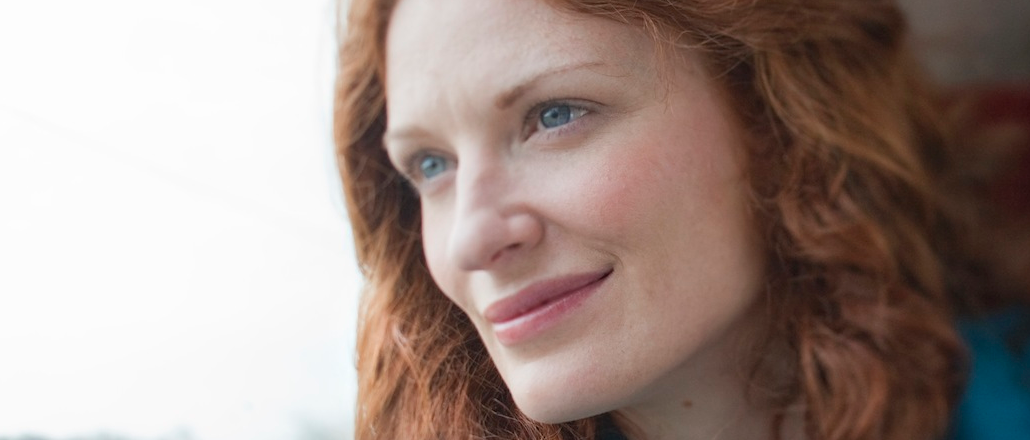Last chance to save on Digiday Publishing Summit passes is February 9


Stereotypes about working women were shattered years ago, but now with the help of the Lean In Foundation, the demand for representations of modern women in the workforce and home, is finally catching up.
A year since its launch, images from the joint collection by Getty Images and Facebook CCO Sheryl Sandberg’s non-profit LeanIn.org the”Getty Images Lean In Collection” have been licensed in over 65 countries. Sales of the collection, with an emphasis on creating powerful depictions of women in contemporary work and life, have doubled. The collection itself has grown, from over 2,500 images to nearly 5,000 images over the past year.
“In recent years, feminism has been resurrected in popular culture,” Pam Grossman, the leader of the project and director of visual trends at Getty, told Digiday. “But it struck me that there was a much deeper story that could be told through visuals and we could lead by highlighting images that broke stereotypes down.”

The Lean In Collection features lifestyle and business portraits of not only women and girls, but also fathers, men, families and communities. The images are hand-curated by Grossman and Getty’s global trends team, as well as LeanIn.Org contributing editor Jessica Bennett.
“We wanted to make people aware of the effects that objectified advertising has on them, and instead bring images that showcase women in a positive and inspiring light,” Grossman said.
According to Getty, while the collection has been popular in the U.S., U.K. and Canada, the photos have been increasingly circulated through Russia, Mexico, Singapore, Qatar, Kuwait, Korea and China. Thousands of images have been licensed through the collection across a wide variety of industries. Interestingly, the photos have been used the most in the financial and tech industries, industries in which women have been traditionally underrepresented.

This is also reflective of a broader evolution in the way women are depicted in stock photography — something that Grossman and her team had been studying even before the collaboration with Lean In. For instance, the top selling image with a woman in 2007 was that of a woman alluringly sprawled across a bed, covered in nothing but a white sheet. The most popular photo in 2012, in contrast, was that of a woman leaning against a train window, staring into the wilderness with determination in her eyes. Today, the top selling pictures all have the common theme of women calling the shots, whether at work or home.
Getty is committed to the mission of gender equality, running two grants for photographers and videographers whose work focuses on female empowerment. Last year, it also launched “#RePicture,” a competition intended to do away with visual clichés with an emphasis on newer interpretations of topics such as love and family.
Grossman added that Getty and Lean In planned on expanding the partnership further, but remained tight-lipped on the plans.
“The collection is evolving and expanding, and we are very mindful of it being as inclusive as possible while being more diverse,” Grossman said. “For the world to be truly equitable, and women to be truly emboldened, we need to extend the conversation further — including men.”
More in Marketing

GLP-1 draws pharma advertisers to double down on the Super Bowl
Could this be the last year Novo Nordisk, Boehringer Ingelheim, Hims & Hers, Novartis, Ro, and Lilly all run spots during the Big Game?

How food and beverage giants like Ritz and Diageo are showing up for the Super Bowl this year
Food and beverage executives say a Super Bowl campaign sets the tone for the year.

Programmatic is drawing more brands to this year’s Winter Olympics
Widening programmatic access to streaming coverage of the Milan-Cortina Games is enabling smaller advertisers to get their feet in the door.





